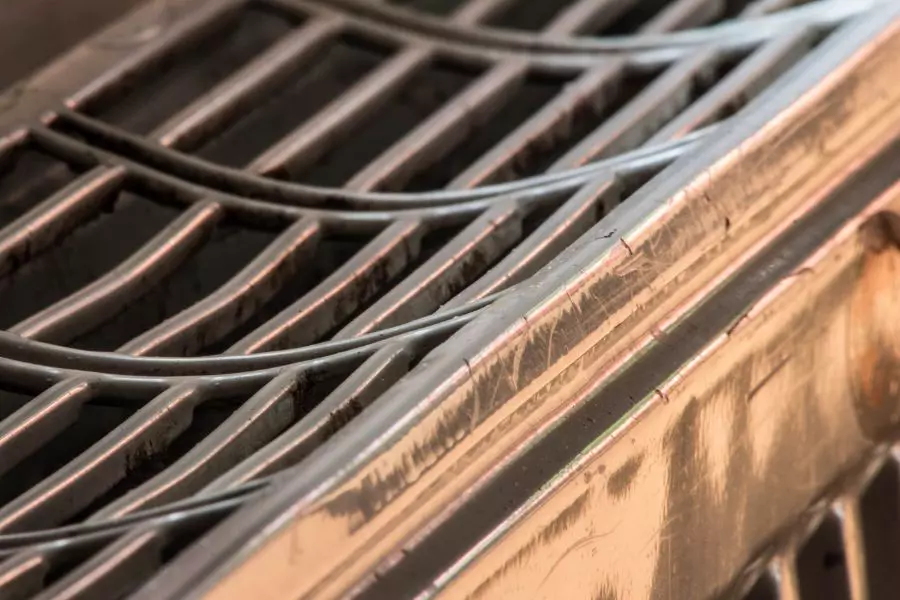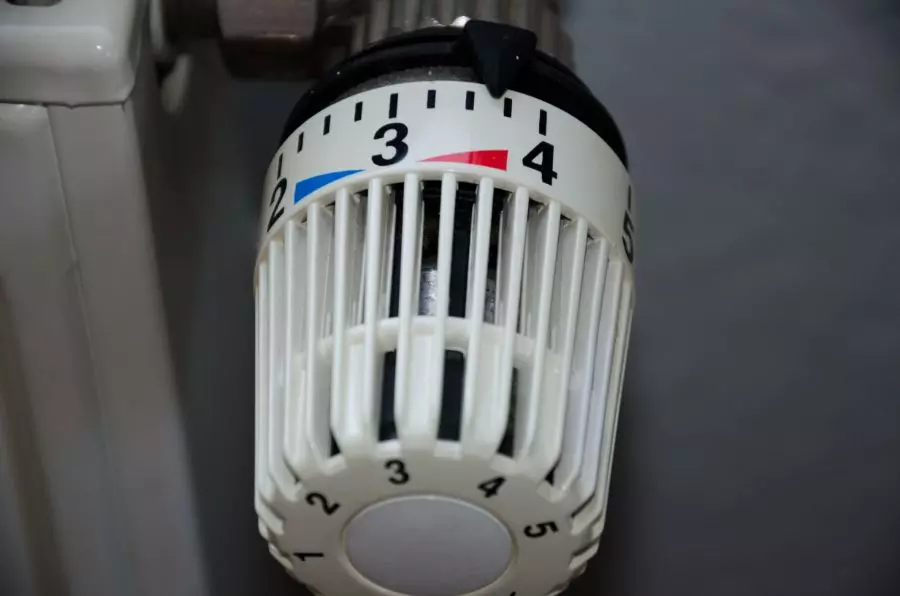How do you know if you need a new radiator? If you are having problems with your central heating, we look at whether you should repair or replace your radiators.
How Do I Know If I Need A New Radiator?
Were your radiators installed before the year 2000? If they were, you likely need new radiators. Within a radiator, water runs through each tubular column. This means that one of the reasons for a new radiator is incredibly easy to spot, a leaking radiator.
The most common reason for radiator leakage is simply deterioration, which can happen through corrosion over the years or an improper installation. Ensure that the issue is actually being caused by the old radiator rather than the overall heating system or just a small part of the radiator such as a leaky radiator valve.
This can make a big difference. Once all of those channels are checked and before deciding on a replacement for your current radiator, examine for buildup and corrosion.
Check the existing radiators by draining a little water from the radiator unit. This is also known as bleeding the radiator. If the water comes out completely clear, you should add a chemical cleaner to the radiator system to clean it. If the upstairs rooms of your property are cold, and the downstairs rooms are fine, then perhaps you just need a new central heating pump.
Quality control is very high in radiator manufacturing; this means that leaks due to splits or corrosion in the tubing are highly unlikely in brand new professionally installed radiators. But serious issues can commonly occur in older radiator models.

Is Your Radiator Cold?
If your radiator is not cleaned regularly and protected against corrosion through the introduction of a chemical inhibitor or corrosion inhibitor, then at some point you will have cold radiators. This can be caused by a blockage inside the tubes or due to a radiator valve failing to allow hot water flow to enter the unit; this causes extra heat loss.
Any sludge you find within your radiator can migrate to the rest of your heating system and cause major damage to your general plumber and your boiler too.
As you cannot see within the tubes of your radiator, it is impossible to assess the extent of any corrosion or collection of debris causing a blockage. If the introduction of a sludge eliminator and an adjustment of the valves seem to improve the radiator's performance. You simply may be delaying the inevitable complete failure of your radiator unit.
We would implore you to keep this in mind when shopping for a used or second hand radiator. Even those the retro look and perhaps the price may seem appealing, an inefficient faulty radiator unit can cost you more over time.
This money will stack up because of the radiator's mediocre performance and the need to find a replacement sooner rather than later.

What Causes A Radiator To Fail?
Corrosion is one of the most noticeable issues that you might find for radiators or on heating panels you have installed in your house. Corrosion can actually appear right on the panel of the radiator itself. Corrosion can also appear within the pipework or within the radiator's heating system. This can cause major issues.
If you are experiencing a lack of efficiency from your heating system then this may be caused by corrosion or even magnetite rust. This can result in cold spots or just a general lack of heating. The internal corrosion can take years and years to notice as the issues gradually get worse over time.

Why You Should Replace Your Radiators
Sometimes, a lack of central heating does not mean that you need a whole new boiler, but instead that new radiator are required. There are various benefits to buying a new radiator and it goes far beyond just ensuring that your house is wonderfully warm and cosy. Here are a few reasons you should replace your radiators:

Technology
New radiators are packed full of new technologies and modern features, which means that they are more energy-efficient than the older models available. This means that you have a greater range of radiator models to pick from.

Outdated System
Still, if you reside in an older house, it is highly likely that the central heating system has not had any maintenance performed on it for a long time, and the system may no longer be fit for purpose.

House Value
Replacing your radiators is more than just an aesthetic change, although this can be something to consider when renovating and wanting to give the value of your house a boost.

Capability
When looking into getting new radiators installed, ensure that your boiler actually has the capabilities to deal with the new system.

Save Money
Newer radiators will also help you lower your heating bills considerably as they are far more energy-efficient than models released before the year 2000. We tend to assume that a radiator will always perform perfectly when we require it to.

Signs You Need To Replace Your Radiators
Needs Bleeding More Than Normal
If you find that most of the radiators in your house need bleeding regularly, then it can be a sign that one or more of your radiators have a major issue.
It is important that you bleed your radiators when they seem colder than they should be, or are not heating up fully.
Do Not Ignore Leaks
This may seem obvious, but many people will write off minor leaks from their radiators.
This can be easily missed, but small signs of rust around the radiator's valve or pipes can be a sign that a radiator has a small leak. Letting this become a further issue will only lead to more problems.
Noisy Heating System
Constant small noises when you turn your hearing on, and bleeding hasn't solved the issue?
This could be an issue with the mechanisms inside your radiators.
Becoming Expensive
If running costs for your central heating system are growing over time, then it can be a sign that either your boiler has an issue or your radiators are not working at full efficiency.
Do you require radiator and heating servicing? We offer services to both domestic and commercial customers Uppingham, Oakham, Stamford and Rutland. Our charges are highly competitive and realistic. If you are experiencing problems with your central heating - Please contact us.

